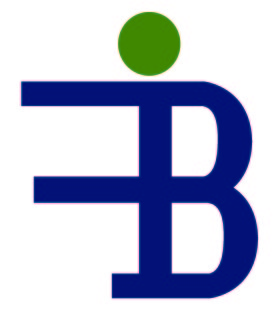FOR IMMEDIATE RELEASE
Media Contact
Casey Boggs
cboggs@ltpublicrelations.com
503-477-9215
Financial Beginnings Celebrates ‘Money Smart Week’ With Panel Discussion Featuring Oregon’s Top Financial Experts
PORTLAND, Ore., March 30, 2011— Financial Beginnings, a Portland-based nonprofit that provides free financial education to children and young adults, has partnered with the Federal Reserve Bank of Chicago, Oregon Jump$tart and Operation HOPE to celebrate Money Smart Week—April 2–9. Money Smart Week is designed to educate consumers about money management and features a variety of free financial education programs ranging from budgeting, saving and using credit wisely.
As part of Money Smart Week, Financial Beginnings will host a panel discussion featuring Oregon’s top financial experts covering timely financial issues. Moderated by The Oregonian’s Columnist Brent Hunsberger, the panel will field audience questions and offer advice on various financial topics including ways to pay down debt and how to save for college. The panel discussion will be April 7 at 6 p.m. at Portland State University’s Smith Memorial Union (1825 SW Broadway) room 327.
Panelists include:
Michael Parker, executive director of the Oregon College Savings Plan
Diane Childs, financial information outreach coordinator at the Oregon Division of Finance and Corporate Securities
Fernando Velez, consumer information specialist at the Oregon Division of Finance and Corporate Securities
Nelson Rutherford, CPA and certified financial planner at Alten, Sakai & Co
Jim Hunt, chief financial officer, OnPoint Community Credit Union
Financial Beginnings is also partnering with the Portland Business Alliance Leadership Portland group to host Dollars & $ense, a free family financial fair for low-income families, on April 9 from 10 a.m. – 3 p.m. The fair will be held at Friends of the Children (44 NE Morris in Portland) and will include sessions on basic budgeting for families and how to teach children to save.
Specific information on Money Smart Week and the financial fair is available at
Moneysmartweek.org/oregon.
About Financial Beginnings
Formed in 2005 and based in Portland, OR, Financial Beginnings is a nonprofit organization that provides multi-session courses, free of charge, to students and young adults throughout the Pacific Northwest through visits to their individual schools or community groups. The courses incorporate all aspects of personal finance to provide individuals the foundation needed to make informed financial decisions. More information is available at www.financialbeginnings.org.
